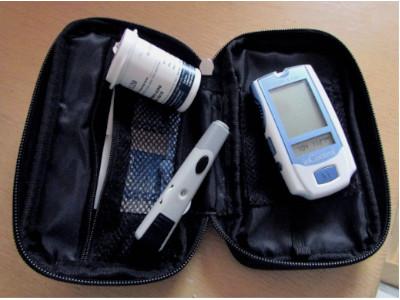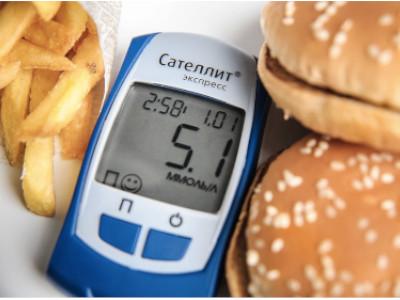
- Published on 07-Mar-2022
- 0 Likes
- 0 Comments
- 399 Times Read
Diabetes is a chronic disease in which the body is unable to properly control the amount of sugar in the blood. The body cannot control the sugar in the blood due to the lack of the hormone insulin. Diabetes has long reaching and wide ranging health affects for those that suffer from it. Diabetes significantly raises the risk of heart disease and stroke, blindness and kidney failure. Uncontrolled diabetes can lead to death.
In 2014, 8.5% of adults aged 18 years and older had diabetes. In 2019, diabetes was the direct cause of 1.5 million deaths and 48% of all deaths due to diabetes occurred before the age of 70 years. Between 2000 and 2016, there was a 5% increase in premature mortality rates (i.e. before the age of 70) from diabetes. In high-income countries the premature mortality rate due to diabetes decreased from 2000 to 2010 but then increased in 2010-2016. In lower-middle-income countries, the premature mortality rate due to diabetes increased across both periods.( by WHO)
Diabetes is easily diagnosed using a fasting blood glucose test. This if the most accurate test available. A fasting blood glucose result of 126 or higher indicates diabetes. Generally a fasting glucose test is part of an annual physical for adults.
Type 1 diabetes, or juvenile diabetes, is diagnosed in children and young adults.
Type 2 diabetes is the most common form of diabetes and is usually found in adults over the age of 40.
Type 2 diabetes is most likely due to poor diet and overweight as 80% of those with Type 2 diabetes are overweight.
There is still debate about the genetics of diabetes. If both your parents have diabetes of course your risk is higher than if one parent has it. There are also environmental triggers to diabetes. Type 2 diabetes is more closely linked to genetic factors and factors such as poor diet and lack of exercise.
Some of the symptoms of diabetes are unexplained weight loss, lethargy, excessive thirst or excessive hunger, frequent urination, dry skin, slow healing sores, sudden vision changes.
If you find you have diabetes you will need to work very closely with your health care provider in order to keep your sugar levels within acceptable ranges. You'll start testing your blood sugar at least once a day and keeping the results in a diary. You will need to re-vamp your diet and pay close attention to portion size and meal frequency. A diabetic diet doesn't necessarily mean you cannot have foods that contain carbohydrates, it means you can't have them in an unlimited fashion. Exercise done on a regular basis has been found to help control blood sugar levels. It is suggested that those with diabetes should exercise 30 to 60 minutes a day.
Living with diabetes can seem overwhelming at first, and it will take commitment on your part. However, millions of peoples live full and active lives with diabetes.




0 Comments